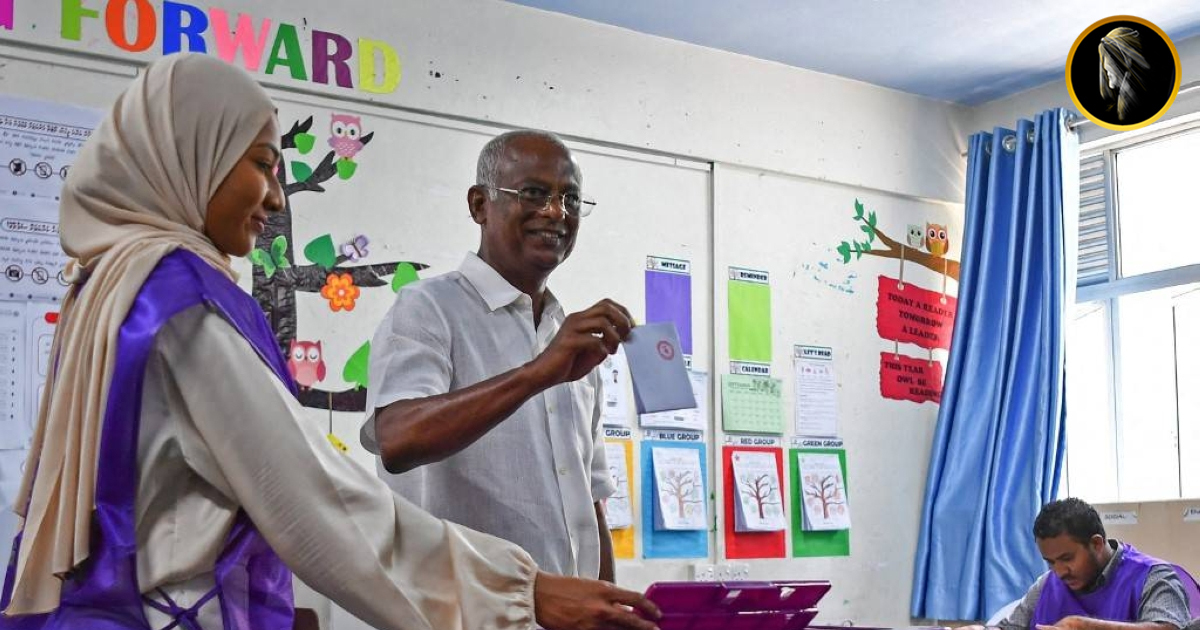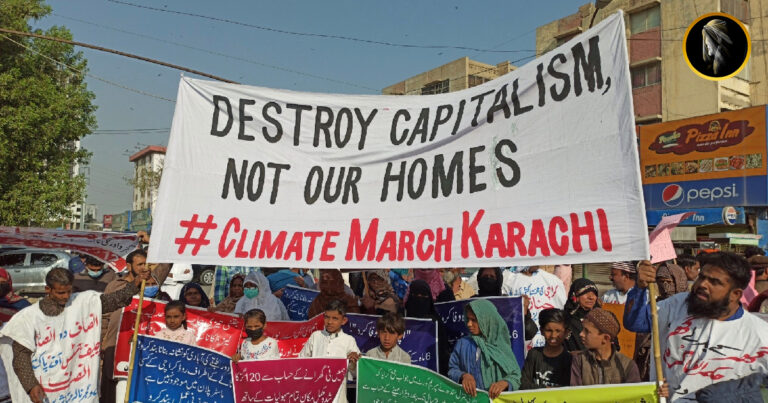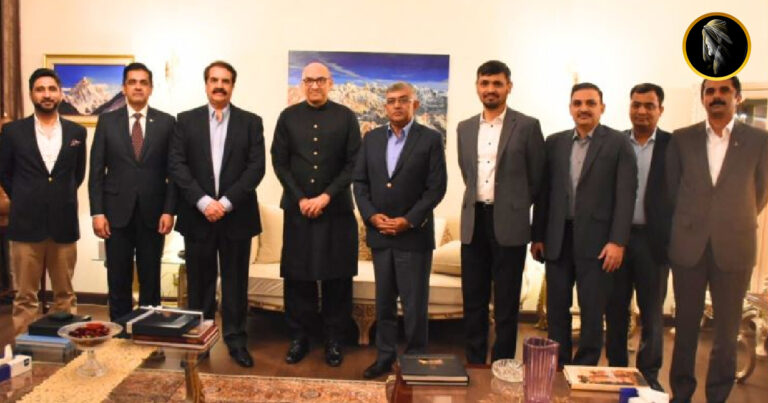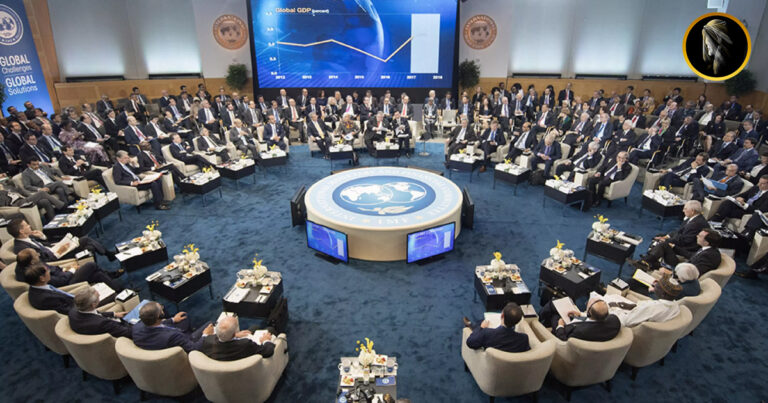The recent presidential election in the Maldives, held on September 30, marked a significant shift in the political landscape. Incumbent President Ibrahim Mohamed Solih’s government, led by the Maldivian Democratic Party (MDP), was defeated. Mohamed Muizzu, the mayor of Malé and a member of the People’s National Congress (PNC) in coalition with the Progressive Party of the Maldives (PPM), emerged as the victor.
Much of the opposition’s campaign focused on the “India Out” movement, calling for the removal of alleged Indian military personnel from the Maldives. This movement played a key role in the opposition’s strategy. However, international reporting has often oversimplified this issue, framing the election as a contest for influence between India and China. This viewpoint neglects the complexities of the Maldives’ political dynamics, driven more by local factors than the influence of Beijing or New Delhi. It has also resulted in limited coverage of the country’s pressing domestic issues, including the future of its young democracy.
The historical context of the China-India maritime rivalry and past administrations’ behavior cannot be ignored. China’s expanding presence in the Indian Ocean and India’s aim to maintain influence in its neighborhood have shaped their relationships with the Maldives. However, Maldivian administrations have consistently emphasized the importance of good relations with both India and China.
Despite campaign rhetoric, both the Solih administration and former President Yameen adhered to a balanced foreign policy, maintaining relations with both India and China. This nuanced approach underscores the strategic importance of maintaining good relations with both major neighbors.
The concerns of Maldivian voters are primarily domestic, including housing issues, stalled infrastructure projects, corruption, a growing debt crisis, and the balance between economic growth and environmental sustainability. These domestic concerns significantly shape the country’s political landscape.
While the international media often frames the election as a geopolitical struggle between India and China, the dynamics between local politicians, such as Yameen and Muizzu, have been overlooked. Local factors have played a pivotal role in shaping the political landscape and democratic processes in the Maldives.
To understand the implications of these dynamics and events, a more nuanced view of the Maldives’ political landscape is needed. Reducing it to a simplistic India-China framework overlooks the role of Maldivians in shaping their own political destiny and the complexity of their evolving democracy.









